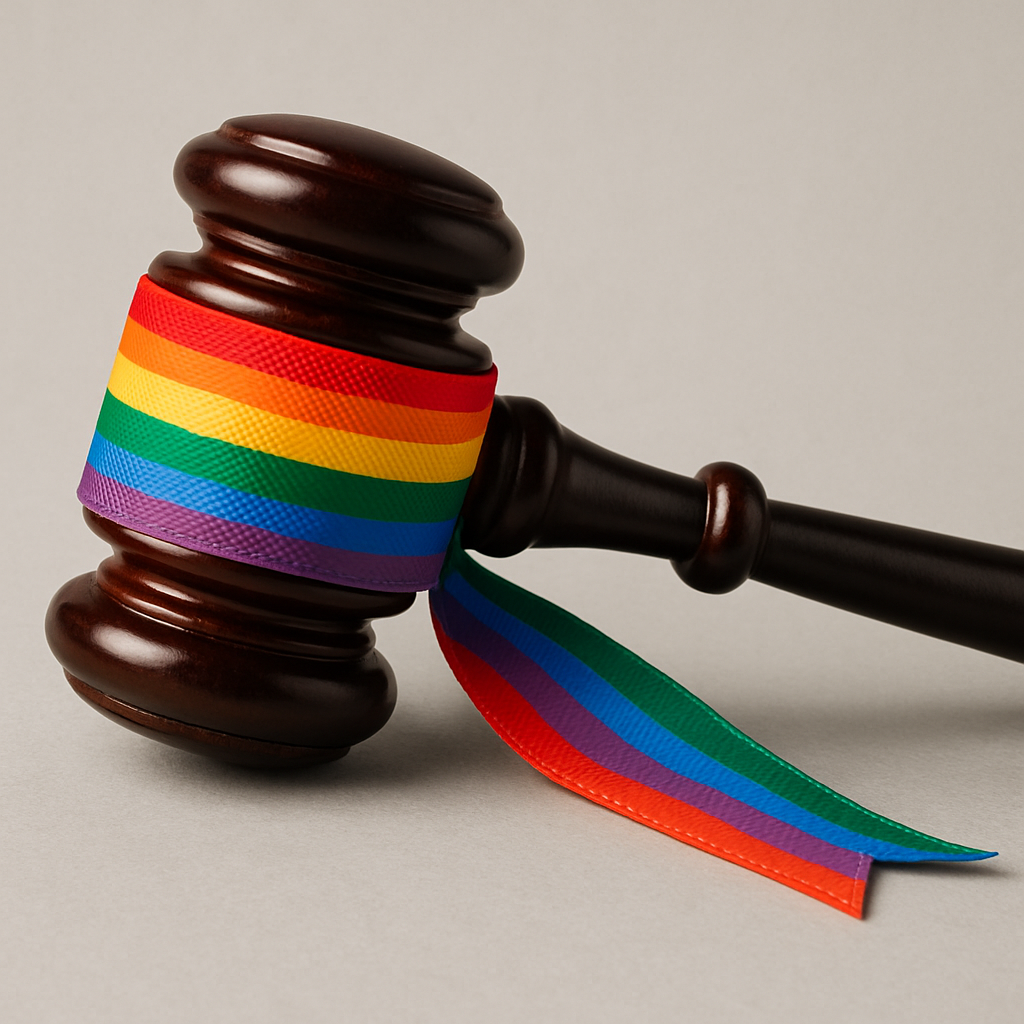Introduction
On June 27 2025 the U.S. Supreme Court delivered a landmark 6-3 opinion in Mahmoud v. Taylor, giving public-school parents the right to opt their children out of lessons that feature LGBTQ-inclusive storybooks when those books conflict with sincerely held religious beliefs. Writing for the majority, Justice Samuel Alito framed the ruling as a straightforward extension of parental freedom to direct a child’s religious upbringing. The three liberal justices dissented, cautioning that the decision could chill inclusive education and leave LGBTQ students feeling invisible.
Why LGBTQ-Themed Books Became a Flashpoint
- Record book challenges – PEN America counted more than 10,000 school book bans in 2023-24; 39 percent targeted LGBTQ content.
- State “Don’t Say Gay” laws – Florida, Iowa and Texas restrict discussion of sexual orientation in lower grades.
- Conflicting court rulings – The Fifth Circuit’s Little v. Llano County (May 23 2025) has already made it harder to contest public-library book removals.
How Mahmoud v. Taylor Reached the High Court
- 2022: Montgomery County, MD adopts picture-books such as Uncle Bobby’s Wedding and Prince & Knight.
- 2023: District rescinds individual opt-outs, citing inclusivity; multifaith parents sue and lose in lower courts.
- Jan 2025: Supreme Court grants review; oral argument follows on April 22.
- Jun 27 2025: Decision announced—parents win preliminary injunction.
Key Takeaways from the Ruling
| Issue | Majority (Alito) | Dissent (Sotomayor) |
|---|---|---|
| Free-Exercise Standard | Withholding notice and blocking opt-outs ‘substantially interferes’ with religious upbringing. | Curriculum is neutral & generally applicable; Smith still governs. |
| Administrative Burden | Tracking opt-outs is no harder than handling food-allergy forms. | Creates chaos; schools may drop LGBTQ books entirely. |
| Scope | Opinion addresses K-6 literacy but logic applies broadly when instruction conflicts with faith. | Invites carve-outs across science, history and anti-bullying lessons. |
The Constitutional Framework in Plain English
Three constitutional currents converge here:
Free Exercise Clause – protects religious practice from non-neutral interference.
Parental Rights – Wisconsin v. Yoder (1972) lets parents steer a child’s education.
Right to Read – The Court left this right hazy after Pico (1982); the Fifth Circuit just muddied it further.
What Changes for K-12 Schools Now?
- Advance notice – Expect new policy templates requiring schools to alert families before LGBTQ-inclusive lessons.
- Alternative materials – Teachers must curate substitute texts for opted-out students.
- Curriculum chilling – Some districts may drop queer storybooks altogether to avoid litigation.
- Staff training – Educators will need guidance on respecting opt-outs without viewpoint discrimination.
Ripple Effects on Public Libraries & Book-Ban Lawsuits
The ruling could embolden calls to label or segregate LGBTQ titles in public libraries. Meanwhile, plaintiffs in Little v. Llano County have until late August 2025 to ask the Supreme Court to review the Fifth Circuit’s pro-removal decision—setting up a potential one-two punch for free-expression advocates.
Stakeholder Reactions
- Religious-liberty groups: “A win for pluralism.”
- LGBTQ & civil-rights advocates: Fear erasure and stigma for queer students.
- Authors & illustrators: Decry the ruling as a signal that queer stories are “skippable.”
- Teachers’ unions: Warn of self-censorship and added workload.
What to Watch in 2025-26
| Timeline | Possible Action |
|---|---|
| Summer 2025 | Florida, Texas & Oklahoma expected to expand religious opt-out statutes. |
| Fall 2025 | U.S. Education Dept likely to issue guidance on Title IX & religious accommodation. |
| By Nov 2025 | Deadline for Llano petition; Supreme Court could revisit library censorship in 2026 term. |
| 2026 Sessions | Congress may revive the Kids’ Right to Read Act and Library Stabilization Act. |
Frequently Asked Questions
Can my school still teach LGBTQ-inclusive books after Mahmoud v. Taylor?
Yes. The decision does not ban the books. It simply requires schools to honour genuine religious opt-out requests and give parents advance notice.
Does the ruling apply to high-school English or sex-education classes?
Possibly. The opinion focuses on elementary literacy, but its reasoning could reach any mandatory lesson that conflicts with faith convictions. Districts should take legal counsel.
How do parents request an opt-out?
Most districts will rely on a written form—similar to field-trip permission slips—submitted before the contested lesson or unit begins.
Is this the same as banning books in my local library?
No. Library cases test the First-Amendment right to receive information, not curriculum mandates. A different legal standard applies.
Could the ruling affect anti-bullying or diversity training?
Yes. Advocates on both sides expect challenges to any compulsory program touching on sexual orientation or gender identity.
Conclusion
Mahmoud v. Taylor redraws the battle lines over inclusive education in the United States. By granting parents a religious opt-out from LGBTQ storybooks, the Court has set schools on a tightrope between pluralism and potential censorship. How educators, lawmakers and communities respond over the next eighteen months will determine whether the ruling protects diverse beliefs—or silences diverse voices.

